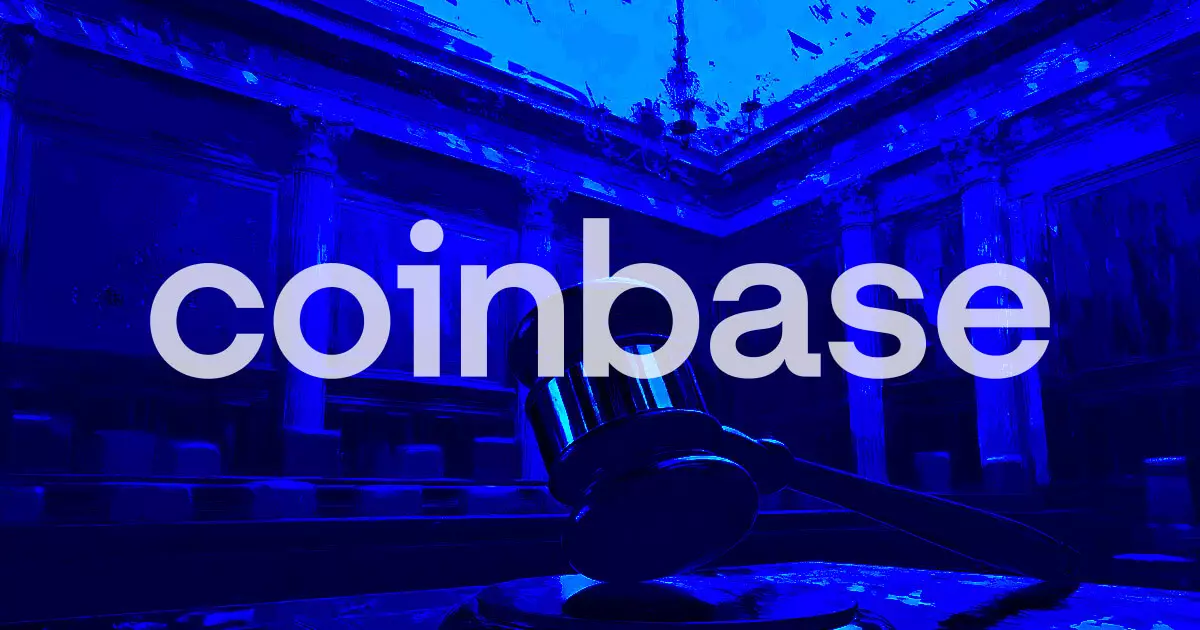In a striking display of adaptability, Vermont has formally rescinded its legal actions against Coinbase, a significant cryptocurrency exchange accused of offering unregistered securities through its staking program. This move, officially filed on March 13, marks a pivotal shift in the state’s regulatory stance and signals a broader trend among U.S. states grappling with the complexities of digital asset legislation. The Department of Financial Regulation in Vermont cited a need for alignment with the U.S. Securities and Exchange Commission (SEC), which has also shifted gears amid evolving regulations.
This change is not just a procedural nicety; it’s indicative of the growing recognition that regulatory frameworks for cryptocurrency must be nuanced and future-oriented. With the SEC establishing a new crypto task force aimed at clarifying guidelines, Vermont’s retreat resonates with a considerable number of states that initially took a more confrontational approach. There’s a noteworthy irony in the fact that those crusading for stricter regulations are now stepping back to allow for clearer, collective guidance—a move that feels both grounded and prescient.
Staking: Security or Utility?
The central issue at stake, literally and figuratively, is whether cryptocurrency staking constitutes a security under U.S. law. States like Vermont, alongside others including Alabama and New Jersey, believed it did. Now, they are effectively saying, “Let’s hit pause while we reassess.” This is not merely a retreat; it suggests an evolving understanding of blockchain technology’s role in our broader economy.
Coinbase’s Chief Legal Officer, Paul Grewal, has been vocal about the company’s position regarding staking, asserting that it is essential for blockchain security and shouldn’t be lumped into the same category as securities defined under existing laws. This defense pivots on the argument that staking offers decentralization and operational efficiency. And when you consider the environmental benefits of staking over traditional mining practices, it unearths a layer of complexity that regulators must address judiciously.
Vermont’s Shift: An Informed Decision or a Cautious Retreat?
While Vermont’s pivot has garnered applause from the crypto community, it also raises questions about the efficacy of state-level regulation of digital assets. A cautious retreat can easily be perceived as an admission of the inadequacy of current regulatory frameworks. Policymakers must introspect; are they equipped to regulate this fast-paced industry, or are they simply evading a reckoning?
What makes this scenario particularly compelling is the timing of Vermont’s announcement alongside the SEC’s new initiatives, which indicates a synchronizing trend in state and federal approaches towards cryptocurrency. It conjures up images of a pie-in-the-sky dance of legislation, where every move is dictated by the uncertainties of tomorrow’s digital economy. Does Vermont’s retraction signify that states are apprehensive about overstepping their regulatory bounds, or are they rightly prioritizing robust frameworks based on the rapidly changing landscape?
The perplexing interplay between flexibility and regulation will continue to be at the forefront of discussions surrounding digital assets. As Vermont has shown, sometimes it’s less about taking a hard line and more about knowing when to step back—and that might be the wisest strategy of all.

